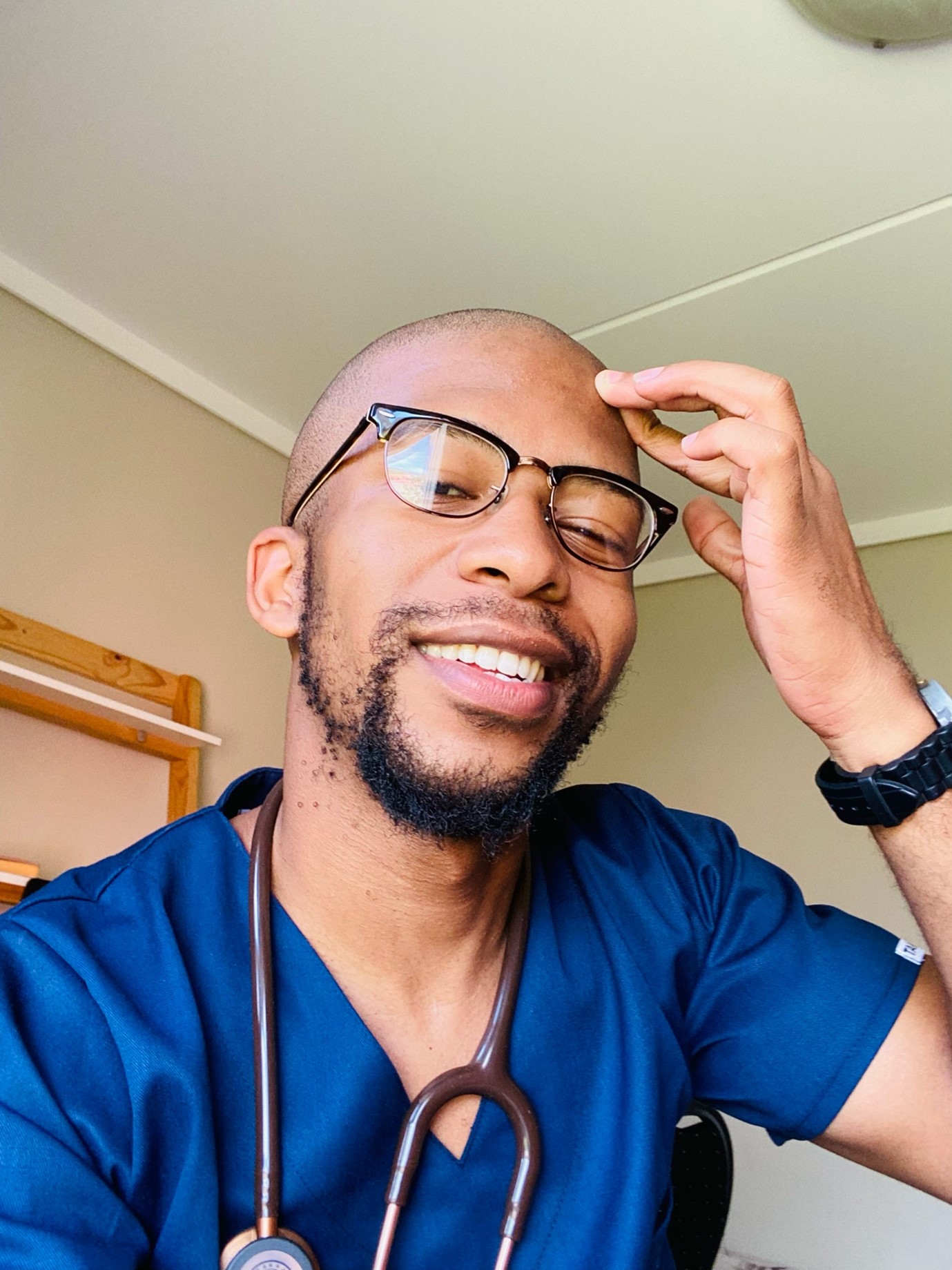Medical student Robert Sithole shares his insights into managing social media as a junior doctor.
______
As a third-year medical student, I've encountered first-hand the complexities of social media within clinical settings. While these platforms offer insight for connection and knowledge sharing, they also pose risks to professionalism and patient privacy.
One incident remains vivid in my memory, highlighting the ethical puzzlement that is intrinsic in merging social media and healthcare. A fellow student, eager to share their hospital experiences, took a photo of a patient with what they believed to be consent. However, the patient's understanding of the implications was unclear, raising questions about consent's true meaning in the digital age.
Although seemingly harmless, this action compromised the patient's dignity and privacy in my opinion. It brought up the underlying thin line of how easily social media blurs the lines between professional duty and personal sharing. In our desire to document and share, we must not overlook the human element of healthcare the individuals who deserve respect and confidentiality above all else.
This incident prompted reflection among my peers, highlighting the need to uphold the boundaries between healthcare providers and patients. In a world where oversharing is commonplace, it's crucial to remember the sanctity of healthcare as a private and personal matter for those involved.
Moreover, social media's rapid spread and boundless limitless reach pose significant challenges to patient confidentiality. Despite good intentions, healthcare professionals may unintentionally share sensitive information or identify details online. What seems harmless on social media can have far-reaching consequences for patient trust and professional integrity.
As aspiring healthcare providers, we're taught the highest importance of patient confidentiality and boundary respect. Yet, in the digital age, these lessons demand heightened awareness. We must embody medical ethics online and offline, safeguarding the trust at the core of the doctor-patient relationship.
Beyond ethical considerations, there are practical consequences to consider. Healthcare professionals are held to high standards of conduct both within and beyond hospital walls. Inappropriate social media use can tarnish reputations and jeopardise future career prospects, emphasising the need for responsible online behaviour.
So, how can we navigate social media responsibly as future healthcare providers? Firstly, we must prioritise patient well-being and privacy. This entails refraining from sharing patient-related information or images online, regardless of consent.
Furthermore, we must critically assess our online presence's impact on our professional lives. Before posting, we must weigh potential consequences and ensure alignment with our profession's values.
The integration of social media into healthcare presents an evolving and nuanced challenge. As medical students, we're entrusted with the care of others and must approach this topic with humility and respect. By acknowledging social media's pitfalls and committing to professional standards, we can ensure its use enhances rather than undermines the practice of medicine.

______
To read more student articles like this visit our student hub.